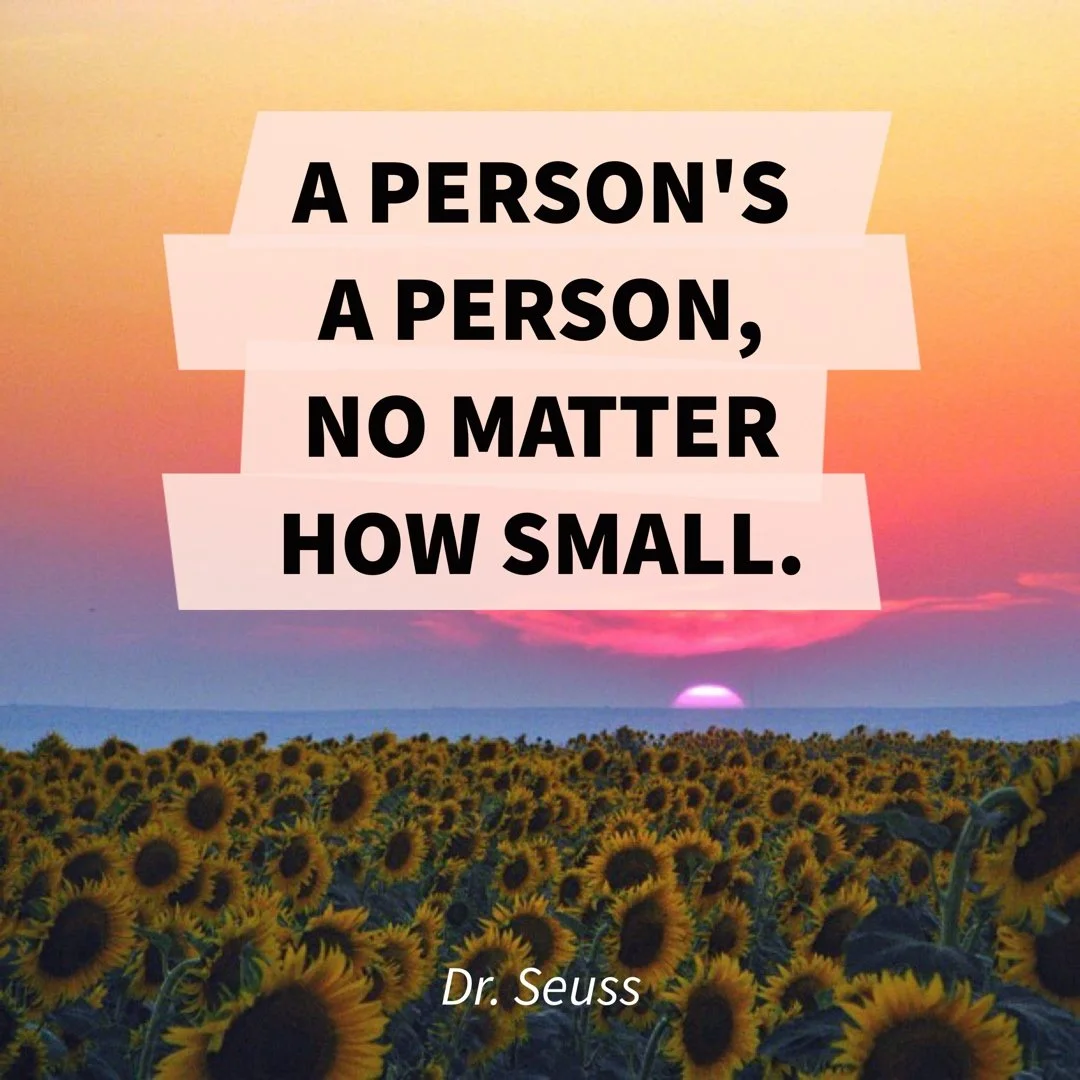How to Raise Mindful and Emotionally Intelligent Kids
We all want our kids grow up to be kind and compassionate adults.
I learnt about mindfulness and emotional intelligence when my kids were full-blown teenagers. I began to apply techniques that encouraged them to understand their feelings, which has since enabled them to become kinder and more compassionate adults. These are some of the things that have picked up on, through life and learning, that helped me riase two amazing mindful and emotionally intelligent children:
Lead by example. Having a mindfulness and meditation practice of your own helps here. The more able you are to be in touch with your own emotions, the more you can guide your kids to be in touch with their own.
Name the emotion. Emotion-naming can start in the pre-toddler years! When your child screams in anger, instead of banishing them to their room for causing a fuss, try saying, “are you feeling angry right now?”. Sometimes kids want to be acknowledged! You can name any emotion when addressing your child! “are you frustrated because Logan took your toy?” or “are you happy you get to swing on the swing?”. Also, name your own emotions. “mommy feels sad today”…not only is it healthy for you, but it’s also healthy for your kids to see that all feelings are welcome.
Listen to your kid. Put down your phone. Listen without trying to problem solve, or lecture, or parent. Listen not ONLY with your kid, try it with your significant other, or your best friend or your least-favorite person at the office (seriously!!). What is it that you hear them say to you? How challenging is it to listen without giving your two cents? I think that as humans, we all want to be heard. Give that to your child AND the other people in your life.
Don’t overschedule. There are SO many incredible opportunities for kids these days. They can take all sorts of music lessons, sign up for traveling sports teams, drama classes, AP classes in high school…but how about time alone with nothing to do? Do you allow time for your kid to get bored? I'm talking about being bored without being plugged in. When kids are little, being bored with a cardboard box, and some markers can lead to boundless creativity! Or, a box of fabric scraps and some hats (my daughter is now a costume designer…after hours spent as a child with her dress-up box!). Or, a big pile of legos and no directions…OR…even unstructured time spent outside. Boredom feeds creativity. There are even studies to back it up!
Eat one meal together each day. No phones allowed. At a designated table. Kids can help with dinner prep and setting and clearing the table. I know schedules are busy. I know it’s not easy. But it’s important. Check out the benefits listed on the Family Dinner Project website (familydinnerproject.org)
Have mindful moments. Mindfulness can be as simple as taking a walk in nature and noticing the way the leaves crunch under your feet. Notice the fur between your dog's toes. Notice how the wind feels in your hair. Notice the sensations of soap bubbles when you wash your hands. Little everyday things that often go unnoticed. Pay attention for your own benefit and for the benefit of your children.
These seemingly small things can greatly affect not just your childs outlook, approach and attitude on life; but it can bring you closer to them. Creating a space for your children to feel safe, supported, accepted and loved can reinforce the natural bond between the two of you. No matter how old they are or where you’re starting with them in your journey of mindfulness, you can play a role in their development.
To learn more about mindfulness and other topics on meditation, check out my blog! If you’re interested in in-home, studio or remote mindfulness classes with me, visit my website and follow me online for daily mindfulness inspiration.


